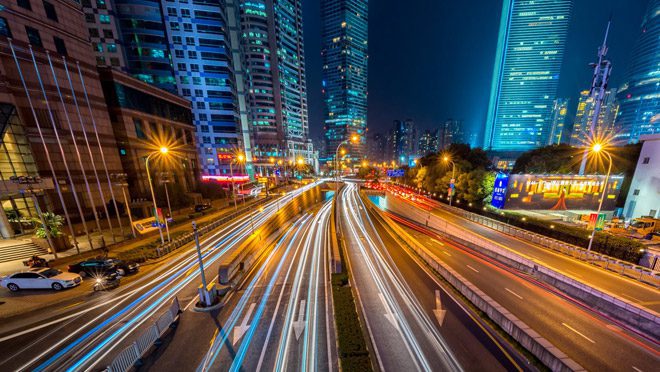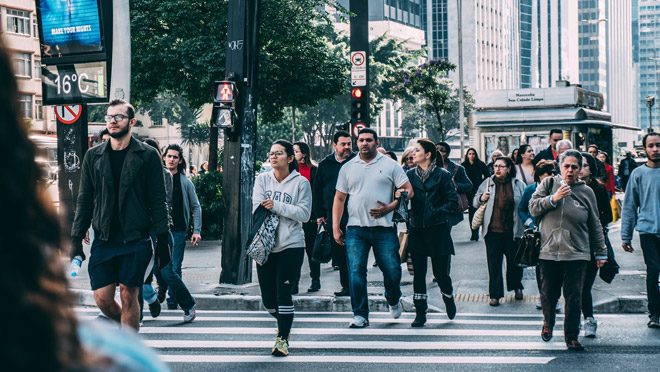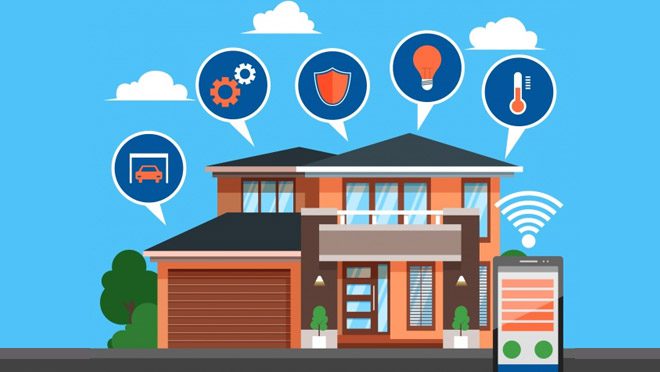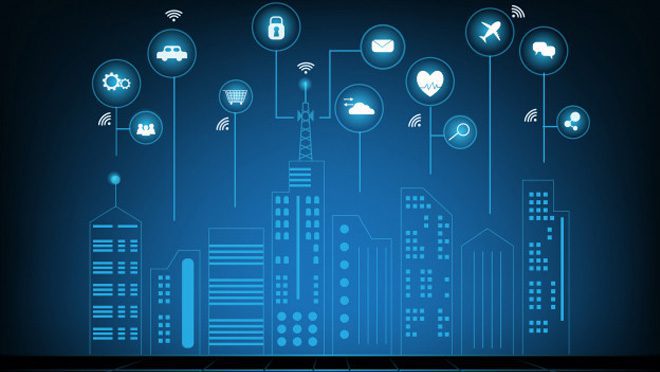The idea of the smart city is fully based on the efficient use of civic systems to save energy, time, and valuable public resources. The smart city concept is heavily influenced by the use of modern technologies. Software development has changed and with the help of modern technologies like AI and ML, it’s possible to create innovative solutions.
The demand for developers skilled at these new technologies is constantly growing and when it’s not possible to find and hire, let’s say an IoT developer, locally, companies hire one remotely – origin. Different consortium, technology groups, and organizations are investing greatly in new technologies to improve the efficiency of the basic utility services of the cities.
According to the World Bank report, over 2.5 billion people are expected to migrate to the cities in the next 30 years. The European Commission report predicts that more than 70% of the global population will be concentrated in the cities by 2050. Also, to sustain such a huge pressure of population, you should develop smart cities through the efficient use of the modern smart city technologies in the civic systems and local governance.
Let’s have a look at how our lifestyles have changed due to the use of modern technologies. And also talk about the smart city, smart home, and the importance of renewable energy sources in the transitioning from the traditional urban areas to the smart city.
Table of Contents
How is technology changing the world?
The influence of technology on our modern world is huge. Our modern living has become super-fast, super shiny, and affluent in almost all fields of our life. Communication has become super fast with the help of powerful smart city networks and communication systems.
The modern ways of doing business have changed drastically due to the extensive use of software, cloud computing, and eCommerce platforms. The traditional energy sources are transitioning into renewable energy sources with the main focus on the conservation of climate.
Many electricity providers today are offering renewable energy as part of their plans. To choose an appropriate plan, check out Houston electricity rates from reliable providers.

All these changes driven by modern technologies have made our lives so comfortable and our businesses so competitive and efficient. The impact of technology is prevalent in all industries, government services, and even in our day-to-day activities. Now, the technology is ready to change our livings through the smart city networks and the smart IoT devices fully integrated for centralized control.
How we work and live in our modern life?
There is no doubt about the fact that the way we live and work is fully under the influence of modern technologies. Those technologies are creating efficiency and effectiveness in our daily life activities; meanwhile, we are waning away from our natural life and peace of mind. Let’s figure out a few examples of our lives that are extensively impacted by technologies.


- Our business influenced by the internet, social media and websites
- We shop online through the computer and mobile apps
- Entertainment has become fully digitized through gaming, video and online music
- The manual controls of our home security, utility systems, and business installations have become heavily automated with the help of smart IoT devices
- Manual driving is being replaced by the driverless cars
- Courier is being replaced by the drones
- Cash transactions replaced with digital and electronic transactions
- Traditional urban areas are being replaced with smart city projects
- Office meetings are now remote meetings through meeting software tools
- Mobile replaced the camera, TV, newspaper, books, and sports
What is a Smart City?
A smart city is a modern urban community that uses information technology to make the local governance and utility operations more efficient and to save the public resources for the betterment of the citizens.
The modern smart city project considers the use of modern information technologies to improve the efficient use of the city infrastructure with the help of IoT software development. Moreover, the smart city examples include Barcelona, Singapore, London, New York, and others.
What is a Smart Home?


Any residence in which all home appliances, security locks, heating systems, lights, and air-conditioning systems are connected through the internet to a computer or mobile device for efficient management is called a smart home.
A smart home uses IoT devices to connect all appliances to a centralized control panel. That centralized control system is connected to any computer or mobile device to control the usage of home devices remotely. This reduces energy consumption and subsequently the energy bills.
What is the importance of renewable energy in a smart city?
Climate change is one of the major problems that our world is going to face. The main contributor to climate change is the emission of greenhouse gases. According to the IPCC Mitigation of Climate Change 2014 report, a whopping 75% share of the carbon footprint comes from energy generation through fossil fuels.
The cities consume more than 70% of this energy. So transitioning to renewable energy would completely change the impact of greenhouse gases on our climate. So, smart cities can help save a huge amount of energy by adopting smart city networks and interconnected utility systems to improve system efficiency. The adoption of smart buildings will help reduce energy consumption by installing intelligent monitoring systems on AC, heating, and lighting systems.
According to the IoT & renewable energy predictions, the total purchase agreements for 5.4 Megawatts of renewable energy were made. That is about 16% higher than the total purchase contracts in 2016. Despite this huge growth in the renewable energy sector, fossil fuel energy still accounts for about 79.5%. An aggressive strategy is required to be formulated on how to switch to renewable energy as fast as possible to reduce carbon emissions.
The cost of renewable energy is reducing rapidly due to heavy investments in this field and powerful market demand. The serious problems of climate change can only be stopped by adopting renewable energies in smart cities.
How can IoT be used in developing Smart Cities?
The internet of things or IoT technology can be used to improve energy consumption in homes, offices, buildings, markets, streets, communication systems, and others. Any home with a fully automated system connected to kitchen appliances, AC units, heating units, lights, and other appliances will contribute substantially to developing a smart city.


Similarly, the IoT system powered by the intelligent sensor system can be implemented in the street lights to switch them between full-energy and energy-saving modes. The IoT systems can also help reduce the consumption of water and other public resources.
All utility systems of a smart city can be both monitored and controlled through IoT networks connected through different technologies like GPS, Laser scanner, WAN, LAN, Bluetooth, NFC, and many others. So, the role of IoT is very powerful in developing a smart city.
Final Takeaway!
After having discussed the matter in length, we conclude that:
- The latest technologies are influencing our lifestyle heavily
- A huge population (70%) of the world is going to live in cities by 2050
- Smart cities are the only solution to better lives in urban areas
- Internet of things and renewable energy are going to play a vital role in the development of smart cities and smart homes
- Modern technologies are the core catalysts to fast-tracking the smart city projects




